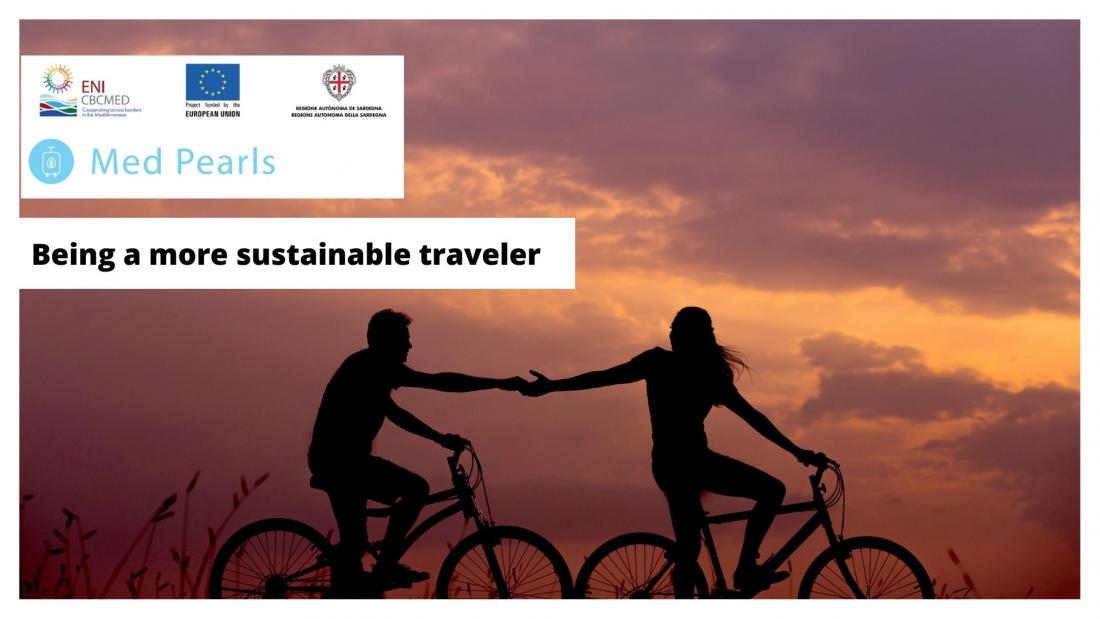Med Pearls talks about being a more sustainable traveler

People engage in slow trips to seek novelty experience through new temporalities, new places, and new people that offer them sensations of thrills, adventures, and emotional stimulation. Slow Travel should include essential principles for transportation that seek to protect the environment and to promote relatively slow types of travel, such as exploring the local culture, history and community.
Slow tourism is described as a conceptual framework that involves people who travel to destinations more slowly overland, stay longer and travel less. It also includes a way of traveling that incorporates travel to a destination as an experience itself. In the destnaton itself, the slow traveler engages with local transport options and slow food and beverage, takes time to explore local history and culture, and supports the environment.
Transformational travel inspires travelers to disconnect from their busy day to day life, this includes learning new skills which will be a motivating force for future travelers. Experiences can allow tourists to engage with the local community and interact with others to expand their cultural knowledge and understanding and this is a perfect example for slow tourism.
The role of transportation in tourism is essentially to provide accessibility. New modes of transportation have revolutionized the tourism industry by improving distance-travel capabilities, travel speed, travel time, and comfort level. Moreover, sustainable transport refers to ways of transportation that are sustainable in terms of their social and environmental impacts.
Components for evaluating sustainability include the particular vehicles used for road, water or air transport; the source of energy; and the infrastructure used to accommodate the transport. Sustainable Transportation refers to any means of transportation that is 'green' and has low impact on the environment. Sustainable transportation is also about balancing our current and future needs. Examples of sustainable transportation include walking, cycling, transit, carpooling, car sharing, and green vehicles.
With sustainability being a priority for slow travelers, hotels should offer or organize different means of transportation to their guests. Bike rentals, walking tours or excursions by train are all attractive options for today’s traveler.









